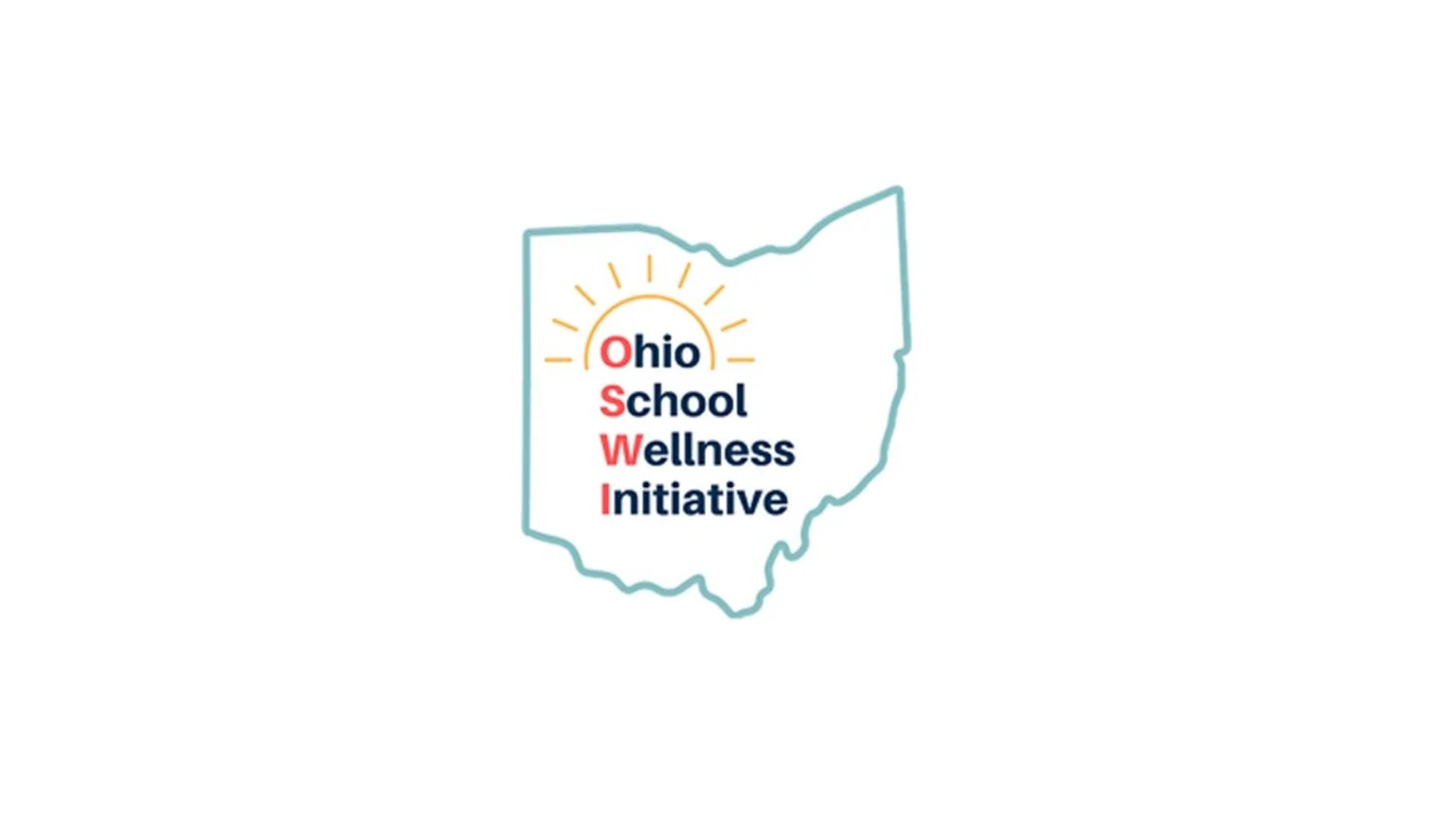
Education Worker Toolkit
Like all Canadians, education workers and teachers experience mental health challenges. As part of a larger study of Canadian professional workers, 1146 education workers completed a survey to explore their experiences with mental health, leaves of absence, and return to work between November 2020 and May 2021.
Click below for the education report
A high number of education workers in our study, over 50%, reported having had a mental health issue at some point during their careers, with female teachers reporting high rates.
53 education workers were interviewed about their experiences. Themes such as increased workload, digital stress, the impact of leadership, social isolation and feeling disconnected were mentioned most often.
Our research team utilized survey data and interview stories to curate a list of resources to help improve education worker mental health with a focus on system, organization and team level resources.

What Interviewee’s are Saying:
“Nobody quits a job. They Quit a Manager”
“My interactions with health and wellness have left me feeling frustrated and feeling like I’m a number and not a person”
Anti-racism policy template
Developing and implementing a school anti-racism policy can have a number of benefits including, increased recruitment and rentention of racially minoritised staff and increased self-esteem and confidence of students. This document provides guidance on how to write an anti-racism policy.
Supporting staff from racially minoritised groups
Supporting staff from diverse backgrounds involves looking at the 'hidden workload' that teachers from racially minoritised backgrounds may encounter. This document provides actionable items that schools can do to support the mental health and wellbeing of staff from racially minoritised groups.
Toolkit for Healthy Schools Leadership
This Toolkit explores how to implement the Canadian Healthy School Standards, with a specific focus on the actions needed at a school system leadership level. It provides a pathway to follow in the form of six interconnected checklists, along with connections to additional resources.
Ohio School Wellness Initiative
The Ohio School Wellness Initiative is committed to supporting K-12 schools across the state and providing resources and guidance to promote well-being for school staff in all positions. The School Staff Wellness Manual provides assessments, planning tools, resources, and sample activities that can be incorporated throughout the school year to promote wellness for individual school staff members as well as thinking about wellness holistically for school teams.
Restructure the School Year
The four-day school week has received mixed reviews in the literature. “A shortened workweek is not a ‘magic pill’ to solve the problem. If we don’t improve working conditions and compensate educators properly, the length of the workweek will not matter.” Barnes, 2022
Recharge Room
A recharge room is a quiet space for teachers to relax featuring amenities like massage and lounge chairs, treadmills, hammocks, and yoga equipment.
Subtract Duties from Teaching
This article outlines the power of taking something away as opposed to continually adding to work responsibilities/expectations. What could we subtract from the school day that would improve teacher mental health/wellbeing?
Teacher Driven Professional Development (PD) Days
Teachers want to be heard and have choice/time to engage in professional development opportunities that will benefit their mental health/wellbeing. This will look and sound differently across school boards/districts depending on educator needs.
Sex and Gender Based Analysis Workplace Discrimination and Bias Toolkit
The SGBA Workplace Discrimination Bias Toolkit provides common definitions and language along with promising practices to help address workplace discrimination.
Addressing Racism in the K-12 Workplace
This article discusses how anti-racism is integral to staff well-being. School districts should feature acknowledgement, community partnership and leadership, accountability, disaggregated race-based data collection, transparent monitoring and reporting along with policy development and implementation.
Workplace Mental Health Training For Supervisors
Workplace Mental Health Training for supervisors is an evidence-based program that teaches leaders supportive strategies that protect and promote positive mental health. It also helps supervisors recognize and respond to signs that an employee may be experiencing distress.




















This Toolkit explores how to implement the Canadian Healthy School Standards, with a specific focus on the actions needed at a school system leadership level. It provides a pathway to follow in the form of six interconnected checklists, along with connections to additional resources.